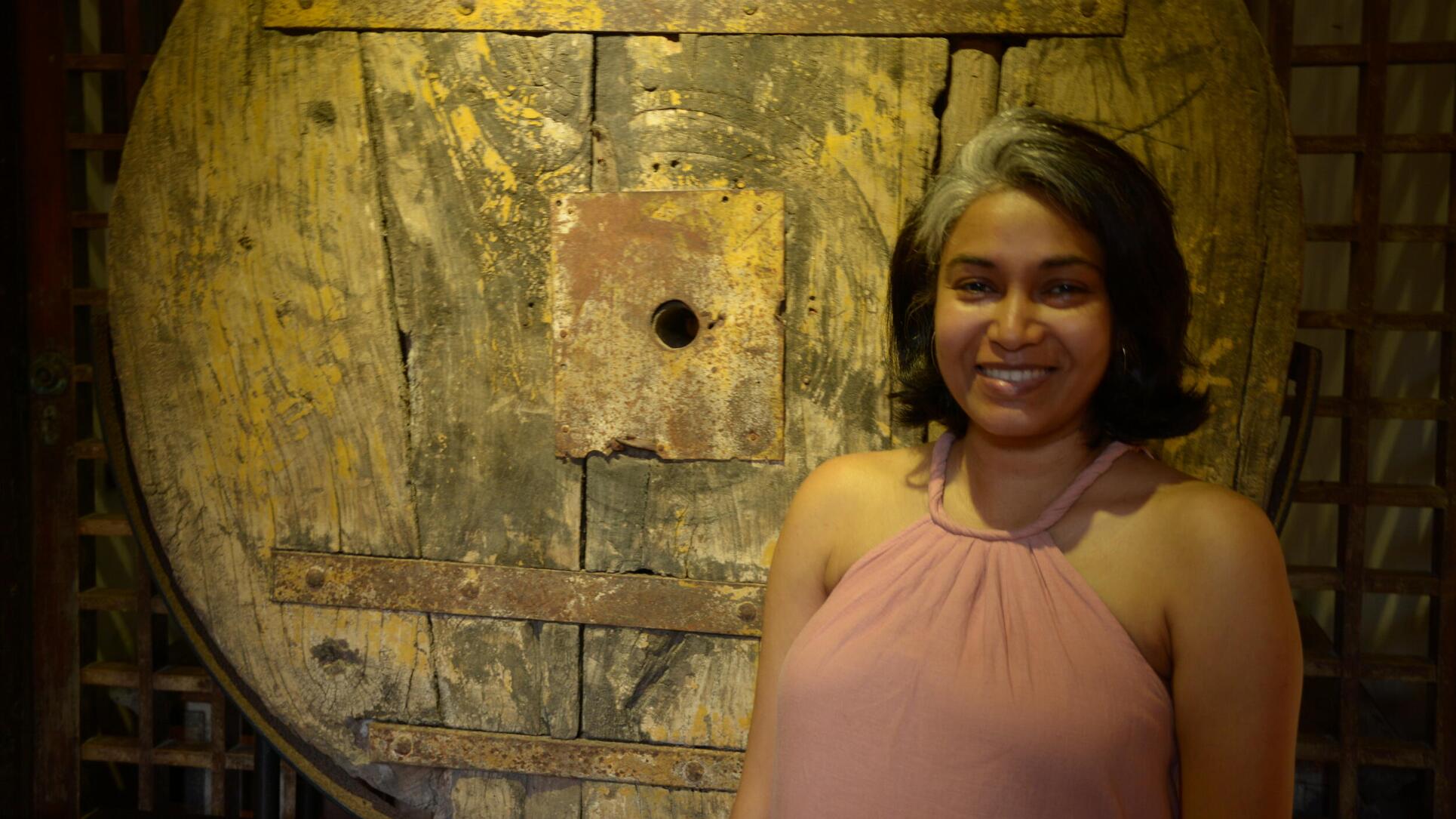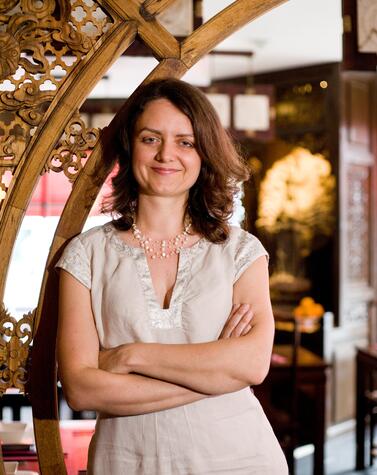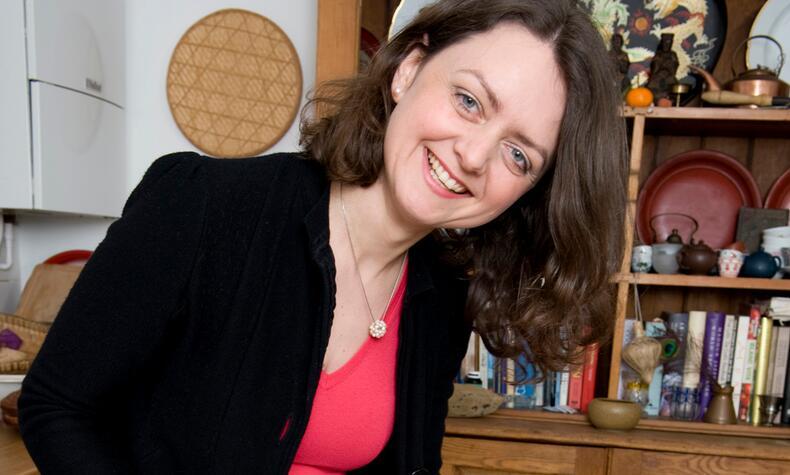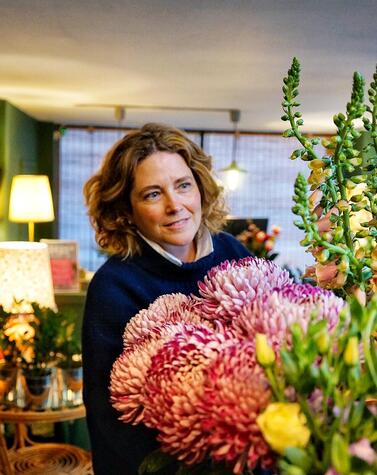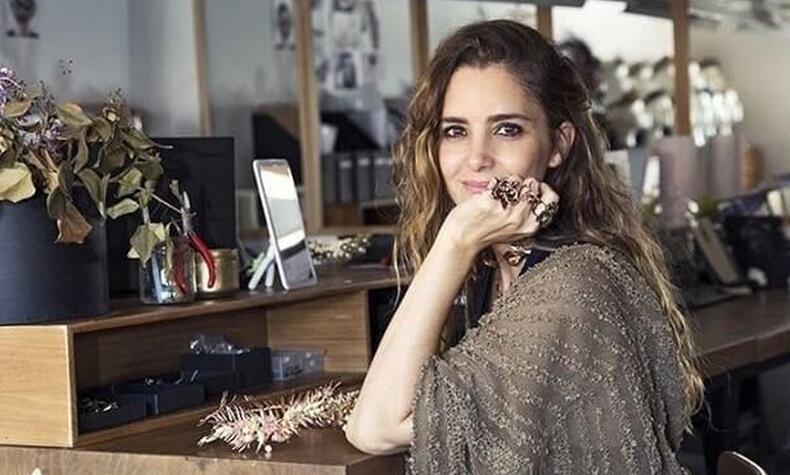Radhika Hettiarachchi: "Mothers are the guardians of history"
Since 2016, Radhika Hettiarachchi has been leading the "The Community Memorialization Project" which, through its website www.memorymap.lk, recreates a map of the historical memory of Sri Lanka woven through the stories of dozens of women from all over the country.
Through testimonies or handwritten letters, these women explain their lives and speak of their silenced griefs while expressing emotions of forgiveness, reconciliation, resilience, and hope about the history of a beautiful, humble, and generous country, accustomed to continually rising from its ashes. She tells us about it at the Art Gallery Café in Colombo, her hometown.
What does the Memorymap project consist of?
I grew up watching my people kill each other in an eternal and bloody civil war. Although the war ended 10 years ago now, many mothers were unable to mourn their dead or missing children because they never got to know what exactly happened to them or where they ended up, and their lives and stories were silenced. I wanted to compile the experiences of these mothers because they are the ones who keep the memory of the war through photographs, letters, family trees...".
The project, which began as Herstory and is now embodied in Memorymap.org includes stories of women and communities from a total of 320 locations in Sri Lanka with the aim of archiving and saving the memory of experiences of violence and conflict in order to continue building our future, giving visibility to a past that existed and that we cannot hide.
How would you define the stories collected in this digital archive of memory?
They are authentic stories, some dramatic, but all with a common narrative of resilience and hope in times of war and peace in Sri Lanka. In addition, I have tried to do it in a creative way by including handwritten letters, memory maps, trees of life, oral testimonies of women and communities that would otherwise have disappeared from history. This project aims to give visibility to all of them.
Letters, drawings, maps... In what way does creativity reinforce your social project?
For me, art has always acted as a means of communication. For me, art has always acted as a loudspeaker for social issues and is a perfect complement to activism. Art generates a more holistic picture of how we relate to each other; it allows for a connection and empathy that numbers and data simply wouldn't have the same effect on such a project.
Art and creativity bring dimension to the intangible and connect people at very deep levels. Creatively telling these stories adds a very important non-verbal communication power to them. It allows each story to express itself authentically without any censorship or manipulation. I don't write articles about the stories or give my opinion about them; I simply capture them as they are.
These "Trees of Life" have been drawn by each of the people interviewed. The Earth represents their life at present. The roots, their family history; the trunk, their life experience; the branches, their dreams and longings. The fruits, the good things in their lives, and the leaves, the people they value.

What was the initial sense of the project when you started it in 2012?
When the war ended, in Sri Lanka, the government generated a unique triumphalist narrative that was based on saying that they had won the war and liberated the people. This whole narrative was based on a very masculine discourse of the victor versus the vanquished. The war ended with a military-type solution, while the socio-economic and ethnic conflict continued. For that reason, I thought it was necessary to capture, document, and convey the stories of one of the groups most affected by the war: the women who lost sons, husbands, brothers.... Otherwise, I knew that their testimonies would end up being lost in history forever.
What was the process of collecting all these stories?
I went without permission in a van, village by village, encouraging mothers to write their story in the form of a letter, drawing their life tree, like a chronology. Many women, when I asked them, told me that their life was nothing special, but as they narrated their own story, they themselves realized that they were real heroines.
My idea was to collect 100 stories in one year, and I ended up documenting 285. Some women called the others who also wanted to talk, and so the project gave voice to all of them and restored their role in history.
Why the testimony of the mothers?
For me, mothers are the keepers of history, of family memory. This project connects mothers from the north, south, and east of Sri Lanka, united by this sense of loss. I asked them to tell me who they were from the beginning, to tell me their life story, not just as mothers but as strong and courageous women, and to help them put their personal story into perspective as individuals and not just concerning a particular social role.

It has surely been a very therapeutic experience for them
Of course! When they read their own story and realize all that they have done, they become aware of their bravery and courage, and their self-esteem and the idea they have of their own value grow, not as mothers, but as women.
Rhadhika bids us farewell with a smile as she pats her belly. At the time of the interview, she was just over a month away from giving birth to her first daughter. She believes that motherhood will help her to further deepen her sense of reclaiming the voice and historical memory of all these Sri Lankan mothers.

